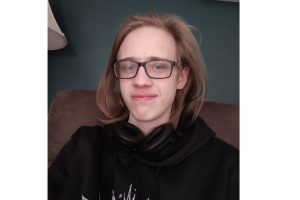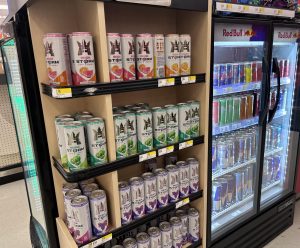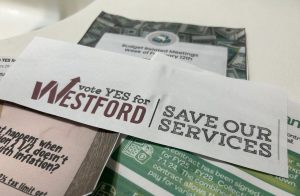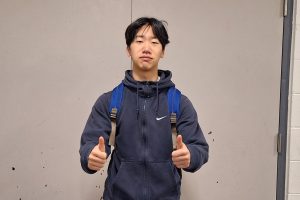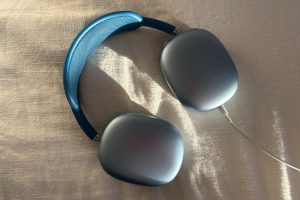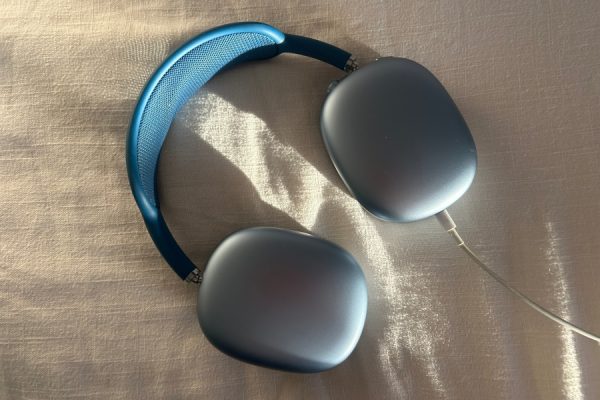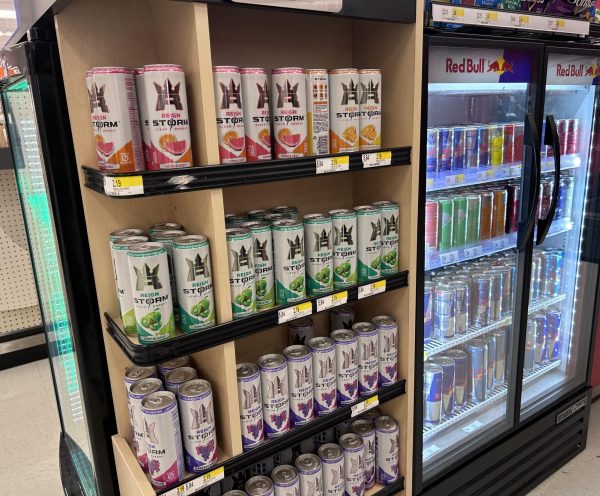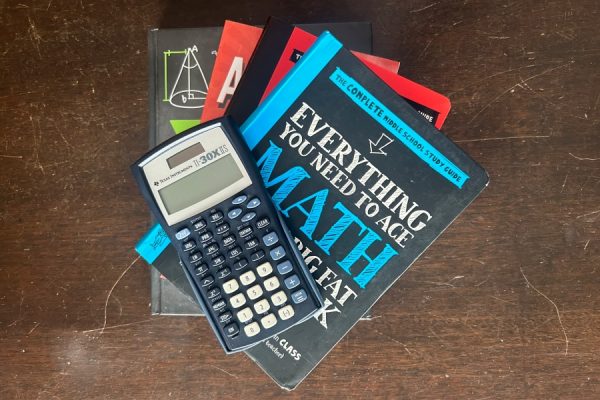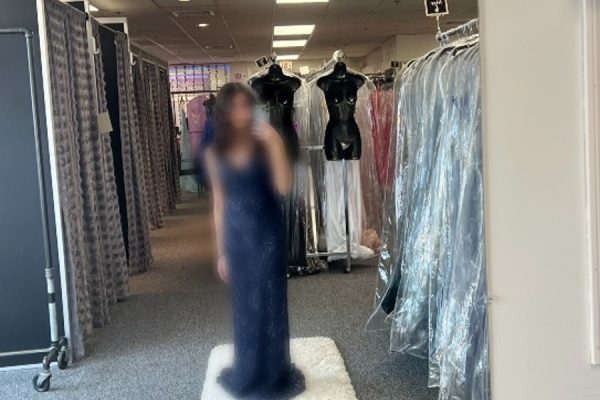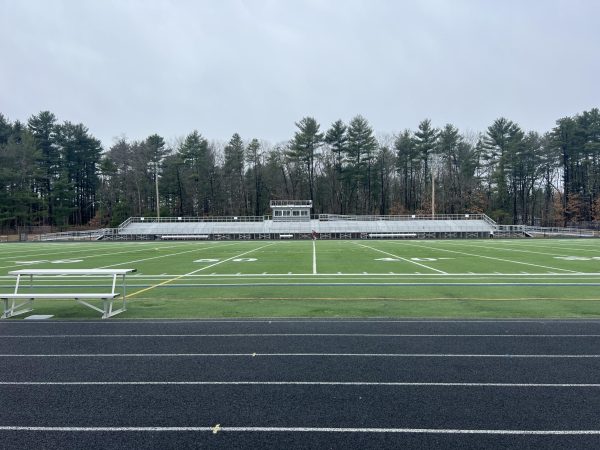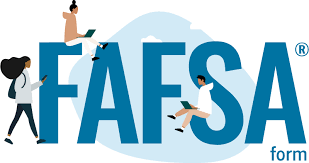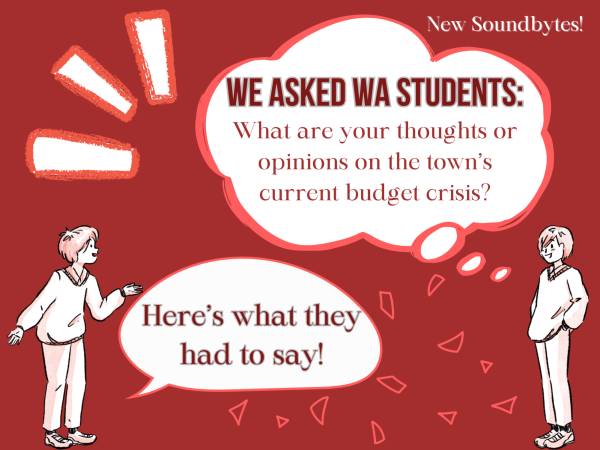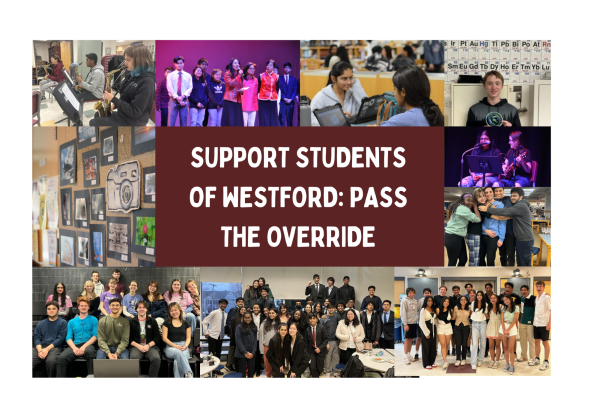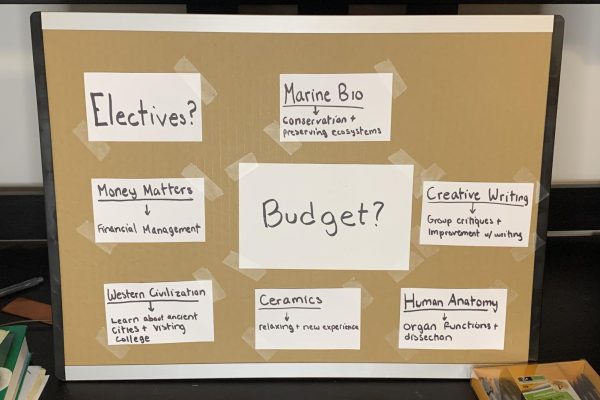National politics under WA’s microscope
October 9, 2017
Each of the Westford Academy’s 1,680 students walk the same halls and share the same classes. Although we learn from the same teachers and study the same material, our ideas and opinions are greatly diverse. This is especially pertinent when it comes to politics, a subject that arouses much controversy among the population. The question of how our government should be run creates political division amidst the students of WA.
Although the level of engagement varies, the school is populated with passionate students. With options of classes such as American Government and clubs like the Junior State of America, the option to dive into politics is in the grasp of students.
Senior Robin Miller, who has a passion for politics, expresses her beliefs through her extra-curriculars.
“I show my opinion mostly through the clubs I’m involved in. I’m the Vice President of the ‘National Organization for Women Club, which promotes gender equality. I’m also a very involved member of the Gender-Sexuality Alliance, which promotes LGBTQ rights. In both of these clubs, we end up talking about political issues quite frequently due to the current political climate,” she said.
Even in core classes, subjects can come up pertaining to politics which often create tension. As for myself, I have found that some comments receive different reactions from across the classroom. People start to develop labels as “conservative” or “liberal” for others, and it can create hostility.
A major issue among the school system is the question of teachers sharing their political opinions in the classroom. When asked, teachers generally remain neutral but sometimes comments can imply meanings. Stephen Townsend, a senior at WA, feels strongly when it comes to this topic.
“I have no problem with teachers sharing their political views, just as I have no problem with students sharing their views. What I do take issue with is when teachers present their political views as facts that are a right or wrong answer. I see it influencing other students,” Townsend said.
Often times, students accept the views of their teacher for the grade, leading to a loss of opinion in exchange for a number on a transcript. Us, students, have always been taught to listen to our teachers and learn from what they have to say. With something as fluid as political beliefs, I believe it is important for teachers to approach the subject with caution, yet to provide multi-sided opinions. I agree that teachers’ political opinions are an issue in certain classes.
Living in a state known for being Democratic, it is easy to find myself surrounded by a liberal population. This is especially pertinent among students, with Millennials and Generation Z’s having the connotation of leaning left.
To my surprise, in Westford and inside WA, the Republican community is not small. Those who consider themselves towards the right side of the spectrum, have strong support for their beliefs. The Republicans of WA often are very opinionated and want their voices heard, but it can be hard for some to share their opinions due to stigmas.
“I don’t think I’ll ever know how many conservatives there are at WA. Some people that find themselves on the more liberal side are unwilling to hear viewpoints from their peers who are more conservative. Students who find themselves on the liberal side often revert to calling conservatives things like racists, sexists, xenophobes, and fascists,” Townsend explained from his point of view.
Although this does not apply to all liberals, I do agree with Townsend that in WA and MA in general, there are often negative connotations towards conservatives. With being liberal as the new lingo for the younger generation, being Republican is often shamed. This is especially pertinent during the Trump Administration, being controversial at times.
Despite the divide between liberals and conservatives, WA’s composition of the two groups creates a diverse community. As all controversial subjects come with issues, the debate and discussion created by politics are important and necessary to get students thinking and engaged about what is happening in the world.

